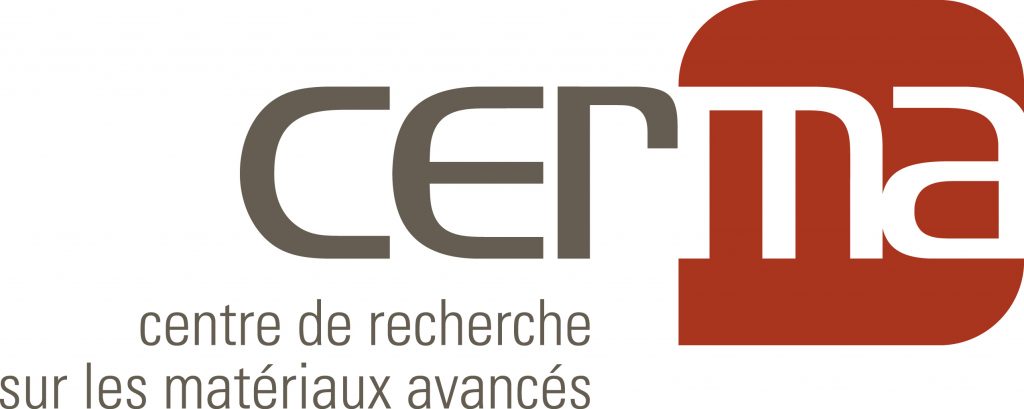Popular article contest| 2020/2021 Edition
This contest is an initiative of the CERMA Student Committee. It aims to bring together members of different research groups in order to write a scientific article in the field of materials science that is accessible to everyone. This may be a literature review, the summary of a published article or research results.
First price
An overview of wood’s amazing capacities: from macro to nanoscale
Matheus Cabral (director: Pierre Blanchet)
Roberta Dagher (director : Véronic Landry)
Mariana Frias (director: Pierre Blanchet)
Aurélien Hermann (director : Véronic Landry)
Second prize
Plasma: the way to engineer the surface of advanced materials
Williams Caceres-Ferreira (Director: Gaetan Laroche)
Linda Bonilla-Gameros (Director: Diego Mantovani)
Third prize
Utilisation des lignines acrylées pour la protection du bois : le bois au service du bois
Juliette Triquet (Director: Véronic Landry)
Maxime Parot (Director: Tatjana Stevanovic)
Fourth prize
Materials science application in plug and abandonment of oil and gas wells
Soheil Akbari (Director : Seyed Mohammad Taghavi)
Hossein Kazemi (Director : Denis Rodrigue)
Writing rules
Content and style
The text must relate to materials science, in any aspect. This may be a literature review, a summary of a scientific article published by the authors or research results from the authors, including unpublished results.
The style is free as long as the information is relevant and rigorous.
Format
- Articles can be written in French or English
- From 1 to 4 figures can accompany the text (give the original source or inspiration if necessary)
- The text must be between 1500 and 2000 words, figure legends included and references excluded
- The text must be written in 12 point Times New Roman with 1.5 line spacing.
- The title must be followed by the name of the authors with in parentheses the name of their director and co-director of research
Section headings should be in bold - The number of references is limited to 10. Scientific publications should be given priority.
Evaluation criteria
- Clarity of content and accessibility for a non-expert audience (quality of popularization)
- Scientific rigor
- Organization of the article (logic of the discourse and progression of the argument)
- Language quality
- Quality of references
- Originality of the presentation


